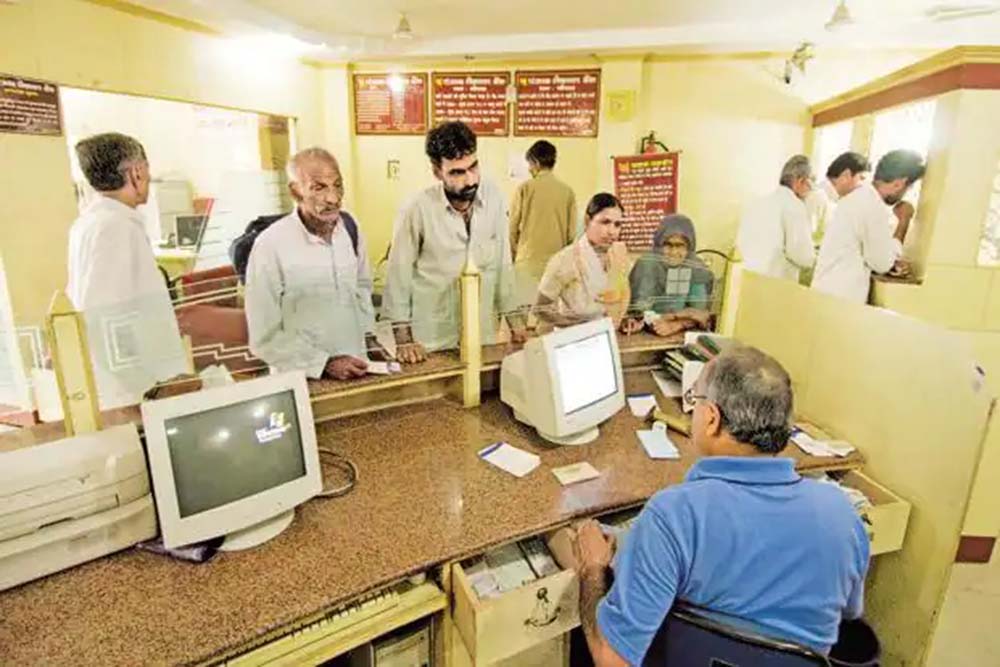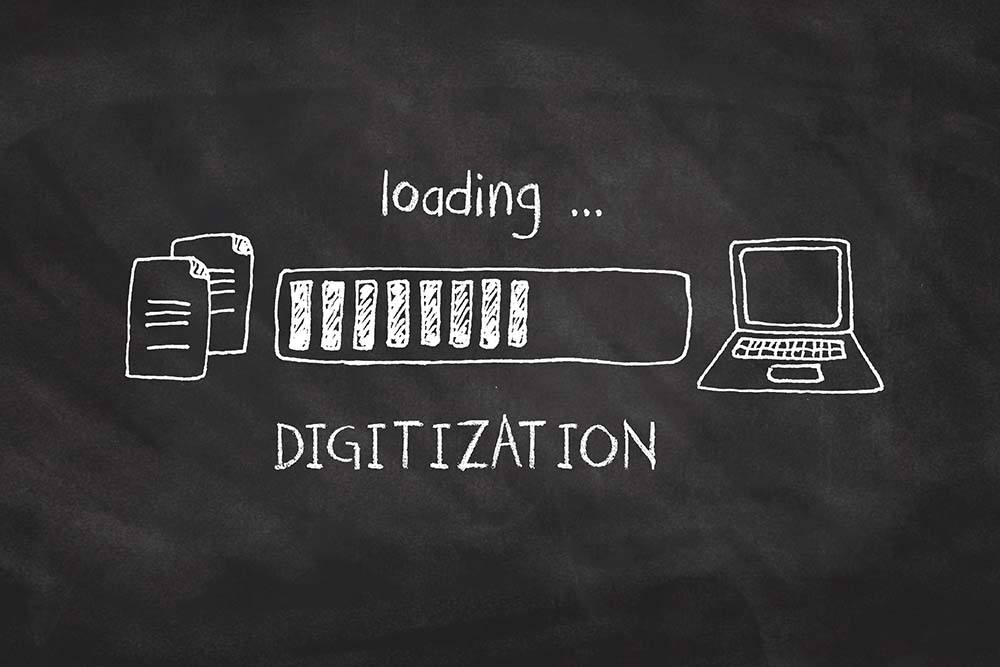Remember the early 2000s when opening a bank account involved filling out forms, attaching a photo, and signing a few papers? Back then, the process was simple and often relied mainly on the physical presence of the individual to verify their identity. Proofs of identity and address weren't always mandatory, allowing unscrupulous individuals to exploit the system for money laundering and terrorist financing.

(Image Credit: Livemint.com)
To combat these risks, the Reserve Bank of India (RBI) introduced Know Your Customer (KYC) regulations. This meant that anyone opening a new bank account had to provide valid identification and proof of address.
The Need For A KYC Makeover
Fast forward to today, KYC is essential for all financial transactions. While these stringent measures have curbed financial crimes, they have also introduced challenges for businesses, making the process more cumbersome. But why is KYC getting a makeover now? Let's delve into the key reasons.
‘In today's digital age, technology and customer expectations have evolved, driving a significant transformation in KYC procedures.’, says Chartered Account Abhay Asknani.
Know Your Customer (KYC) is a process used by banks and other financial institutions to verify the identity of their clients. It's essential for preventing fraud, money laundering, and other financial crimes. However, traditional KYC methods can be slow and cumbersome. Now, thanks to new technology and other factors, KYC is undergoing a big makeover. Abhay helps us break down why this is happening in simple terms.

1. New Technology
Modern technology is making KYC faster and more efficient. Tools like Artificial Intelligence (AI) and Machine Learning (ML) can quickly process and analyse data to spot any unusual activity.
2. Stricter Rules
Governments and regulators are always updating the rules to fight financial crimes better. To comply with these stricter rules, banks and other institutions need more advanced KYC systems. Digital KYC, which allows for online identity verification, helps these institutions meet regulatory requirements more easily and efficiently.
3. Customer Expectations
People today expect quick and easy service, especially online. Traditional KYC often involves filling out several forms and making multiple trips to a bank. Digital KYC allows customers to complete the verification process online, using their smartphones or computers, making it much faster and more convenient.

4. Cost Savings
Traditional KYC processes can be expensive due to the abundant paperwork involved as well as manual checks. Digital KYC automates many of these tasks, saving time and money.

5. Better Risk Management
New KYC technologies help banks and financial institutions manage risk more effectively. Advanced data analysis can reveal patterns and potential risks that humans might miss. This helps institutions make better decisions about who they do business with and allows them to monitor any changes in customer behaviour in real-time.
6. Global Business
As businesses and customers increasingly operate internationally, it's important for KYC processes to work across borders. Digital KYC platforms provide standardised solutions that meet international requirements, making it easier for financial institutions to verify identities globally and build trust with international clients.
